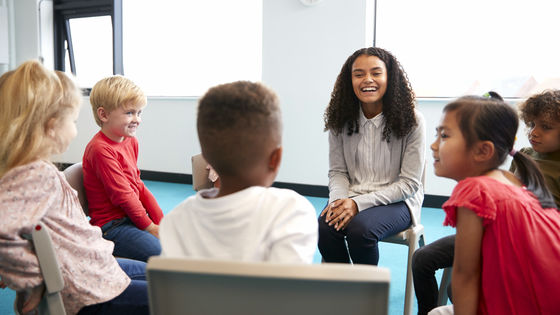What effect does a child get from learning 'critical thinking'?

By
Peter Ellerton, who teaches critical thinking at the University of Queensland, talks about the benefits of critical thinking in school education, which involves properly analyzing problems and deriving optimal solutions.
Thinking about thinking helps kids learn. How can we teach critical thinking?
https://theconversation.com/thinking-about-thinking-helps-kids-learn-how-can-we-teach-critical-thinking-129795
A 2013 survey in the United States revealed that approximately 93% of employers place more importance on a student's critical thinking, communication skills, and ability to solve complex problems than on their major when hiring.
Ellerton points out that the emphasis on critical thinking among the three abilities is also common in the field of education. In the United States, critical thinking is emphasized through state standards , and in Australia, critical and creative thinking is recognized as a 'general ability.'

By
Critical thinking is often thought of as 'being able to recognize a problem and find a solution,' but Ellerton says that 'that alone is not critical thinking.'
According to Ellerton, it is not the intelligence quotient measured by an IQ test that determines critical thinking. Intelligence quotient is thought toimprove over several years through the pursuit of novelty and creative thinking , and research has shown that school education has little impact on intelligence quotient. Ellerton says that education can significantly improve critical thinking in a shorter period of time than intelligence quotient.

By
'Critical thinking is not simply about 'difficult thinking,'' Ellerton says. 'Critical thinking is about the quality of thinking, not the difficulty of the problem.'
Critical thinking is the ability to objectively evaluate one's own thinking based on the criteria of correct reasoning. Critical thinking is made up of ' Values of Inquiry ,' such as accuracy, clarity, breadth of perspective, consistency, and relevance.
Furthermore, critical thinking involves not only evaluating a conclusion, but also examining the process by which the argument reached that conclusion. Rather than simply judging whether an argument is correct, we understand how the argument proceeded and determine whether the conclusion is logically supported by reliable data. The ability to evaluate and improve one's own thinking by recognizing the thought process is essential for critical thinking.

By
Many approaches to developing critical thinking are based on an educational movement called ' philosophy for kids ,' which aims to teach children reasoning and argument skills. By 'philosophy for kids,' Ellerton refers to programs that focus on thinking skills and teach how to argue.
A school in Brisbane, Australia, designed a challenge to 'determine Australia's greatest sportsperson' to teach critical thinking.
Students first create their own criteria for 'greatness.' To do so, they must analyze the Australian sporting landscape and develop reliable evaluation criteria. They then explain why their criteria are appropriate, and apply them to Australian athletes to evaluate them.
Students will then debate their arguments with other students to strengthen the credibility of the assessment criteria. Students will develop critical thinking skills by discussing well-founded, broadly applicable criteria that capture important aspects of Australian sport.

By monkeybusiness
Ellerton lists six learning and assessment elements that promote critical thinking:
・Verify the issue.
・Summarize the issues.
-Creatively question problems.
- Discuss, analyze and evaluate.
- Apply 'Values of Inquiry'.
- Develop a wide range of cognitive skills, including analysis, explanation, justification and evaluation.
Ellerton recommends visualizing an argument to get a visual sense of how the arguments and reasoning are made from premise to conclusion.

By monkeybusiness
One study focused on 'philosophy for children' and found that students who received weekly lessons on reasoning and argument for a year outperformed their peers in the following years with better grades and exam results. Another study showed that targeted instruction in consciously practicing reasoning in everyday life can significantly improve critical thinking skills.
'In order to acquire skills for living in the 21st century, it is important to teach critical thinking to many people, including through lifelong learning opportunities,' Ellerton said.
Related Posts:







